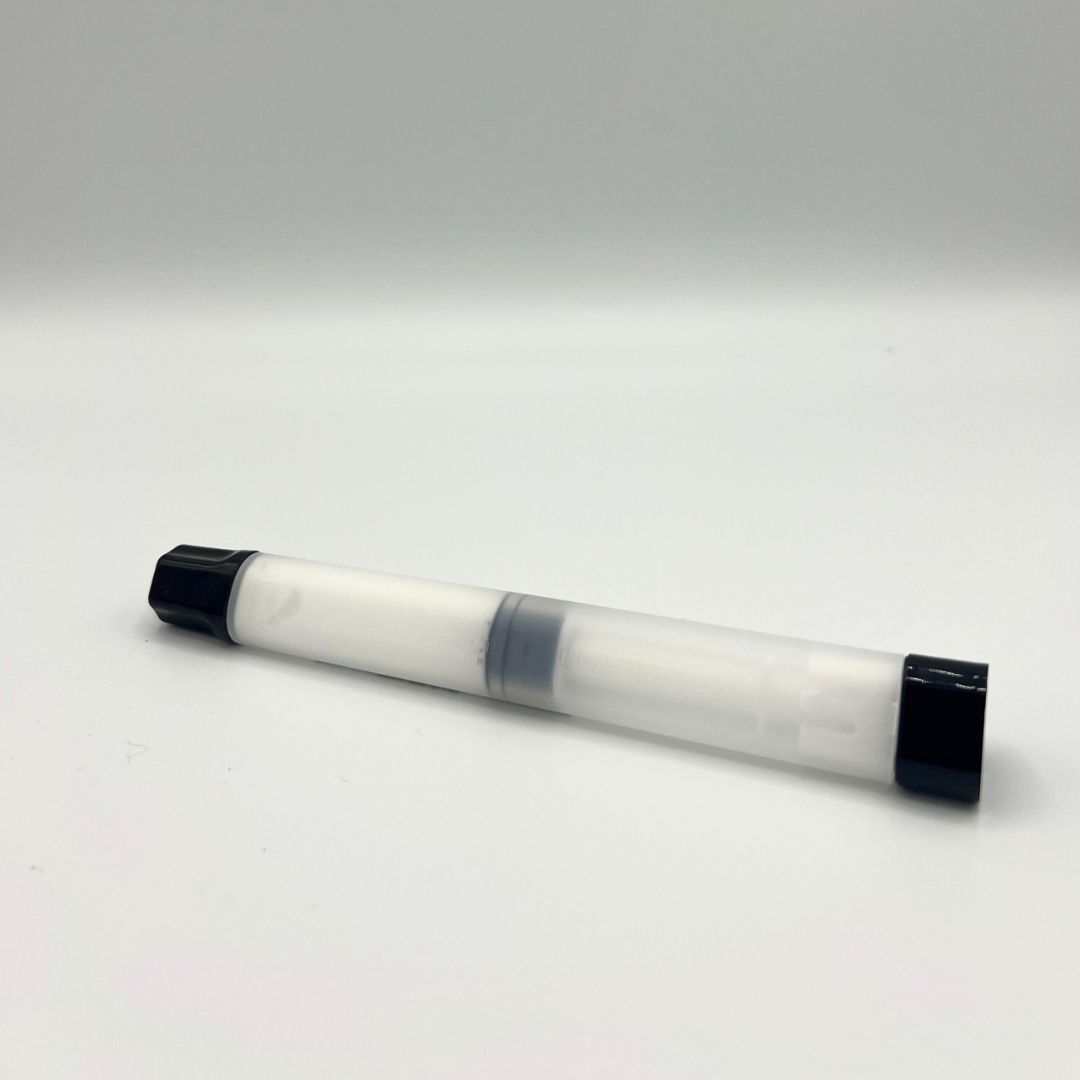Reliable & Compassionate Palliative Care Compounding Pharmacy
Discover how Central Ohio Compounding Pharmacy enhances palliative care by providing customized medications for symptom management and improved patient comfort.

Table of Contents
The Role of a Compounding Pharmacy in Palliative Care
Palliative care focuses on improving the quality of life for patients with serious illnesses by addressing symptoms like pain, nausea, and fatigue. Central Ohio Compounding Pharmacy plays a vital role in palliative care compounding by creating customized medications that address these symptoms while minimizing side effects. By compounding medications with the highest standard and quality, we ensure that patients receive personalized medications that may enhance comfort and overall care.
Aims of Palliative Care
The goal of palliative care providers is to relieve symptoms and enhance comfort for patients suffering from chronic or terminal illnesses. This includes managing conditions such as:
- Pain: Chronic or severe pain from illnesses such as cancer or neurological disorders.
- Nausea and Vomiting: Often caused by treatments like chemotherapy or underlying conditions.
- Dry Mouth and Oral Pain: Common in patients with medication side effects or radiation therapy.
- Wound Care: Addressing non-healing wounds or pressure ulcers.
- Fatigue and Loss of Appetite: Symptoms that reduce a patient’s quality of life.
- Constipation and Shortness of Breath (Dyspnea): Managing discomfort from respiratory or gastrointestinal issues.
- Radiation Mucositis and Proctitis: Painful conditions resulting from cancer treatments.
A compounding pharmacy’s ability to create personalized medication formulations makes it an essential part of palliative care, addressing these symptoms without causing additional side effects.
Helping Patients Nearing End of Life
For patients nearing the end of life, comfort and dignity are paramount. Palliative care compounding provides solutions that are often unavailable through standard medications, offering:
- Customized Dosage Forms: Making medications easier to administer, such as converting oral drugs into transdermal gels or sublingual drops and help in avoiding the need for injections.
- Taste Masking: Ensuring medications are palatable for patients with sensitive taste or aversions.
- Simplified Regimens: Combining multiple medications into a single preparation for easier administration.
These personalized approaches ensure that patients and their families can focus on comfort and meaningful moments rather than the challenges of complex medication regimens.
Common Symptoms Related to Chronic Illnesses
Patients in palliative care often experience multiple symptoms related to chronic illnesses.
Pain Management
In palliative care patients, pain is a common symptom, often requiring adjustments to standard medications. Compounded pain management solutions include:
- Topical Creams or Gels: For localized relief, using ingredients like lidocaine or ketoprofen.
- Sublingual Tablets: For patients unable to swallow pills.
- Customized Combinations: Incorporating multiple pain-relief agents into one formulation.
These solutions are particularly beneficial when commercially available drugs are ineffective or cause side effects.
Nausea and Vomiting
Anti-emetics are critical in managing nausea and vomiting, particularly for patients undergoing chemotherapy. Compounding pharmacies can create:
- Transdermal Patches: For steady, long-lasting relief.
- Oral Solutions: For patients who cannot tolerate tablets.
- Suppositories: For severe cases where other administration routes are not feasible.
Dry Mouth Therapy
Dry mouth is a common complaint, particularly in patients on long-term medications or those undergoing radiation therapy. Compounded solutions include:
- Saliva Substitutes: Mimicking natural saliva to alleviate discomfort.
- Mouth Rinses: Incorporating soothing and hydrating agents.
- Flavored Lozenges: Encouraging use and improving compliance.
Anti-Secretory Agents
Patients with excessive mucus or secretions may benefit from compounded anti-secretory medications, delivered in customized forms such as sublingual drops or nebulized solutions.
Wound Care
Non-healing wounds and pressure ulcers require advanced care to manage infection and promote healing. Compounding pharmacies create:
- Antibiotic Ointments: Tailored to combat specific infections.
- Hydrating Gels: To maintain a moist wound environment for healing.
- Pain-Relieving Creams: Reducing discomfort during wound care.
Dyspnea
Dyspnea or shortness of breath, can be alarming to patients and their families. Compounded medications for dyspnea may include:
- Nebulized Treatments: For immediate relief of respiratory discomfort.
- Transdermal Gels: Delivering medications to ease breathing difficulties.
Radiation Mucositis and Proctitis
Radiation therapy can cause painful inflammation in the mouth (mucositis) or rectum (proctitis). Compounded medications can alleviate these symptoms with:
- Mouthwashes: Containing anti-inflammatory and numbing agents.
- Topical Creams: For soothing rectal discomfort.
- Custom Lozenges: Providing localized relief for oral mucositis.
These formulations enhance patient comfort and support medication adherence.
Compounded Medications for Palliative Care
Compounded medications address unique challenges in palliative care, offering:
Customized Pain Medications
When patients do not respond to commercially available drugs, compounded solutions provide alternatives with:
- Adjustable Dosages: Tailored to the patient’s pain level and response.
- Alternative Routes: Such as topical, sublingual, or transdermal applications.
Alternative Dosage Forms
Many palliative care patients struggle with swallowing pills or tolerating injections. Compounding pharmacies can:
- Convert Oral Medications: Into topical or liquid forms.
- Create Suppositories: For patients unable to take medications orally.
Taste Masking
Medications with unpleasant flavors can discourage adherence. Compounding pharmacies mask tastes with custom flavoring, improving medication compliance.
Why Choose Central Ohio Compounding Pharmacy for Palliative Care?
Central Ohio Compounding Pharmacy is dedicated to supporting palliative care with personalized solutions that prioritize comfort and quality of life. By collaborating with providers, COCP creates customized medications to address the individual needs of each patient. With a commitment to compassionate service and high-quality formulations, COCP is a trusted partner in delivering palliative care compounding solutions.

Prednisolone (Perme8®)
This medication requires a prescription.
